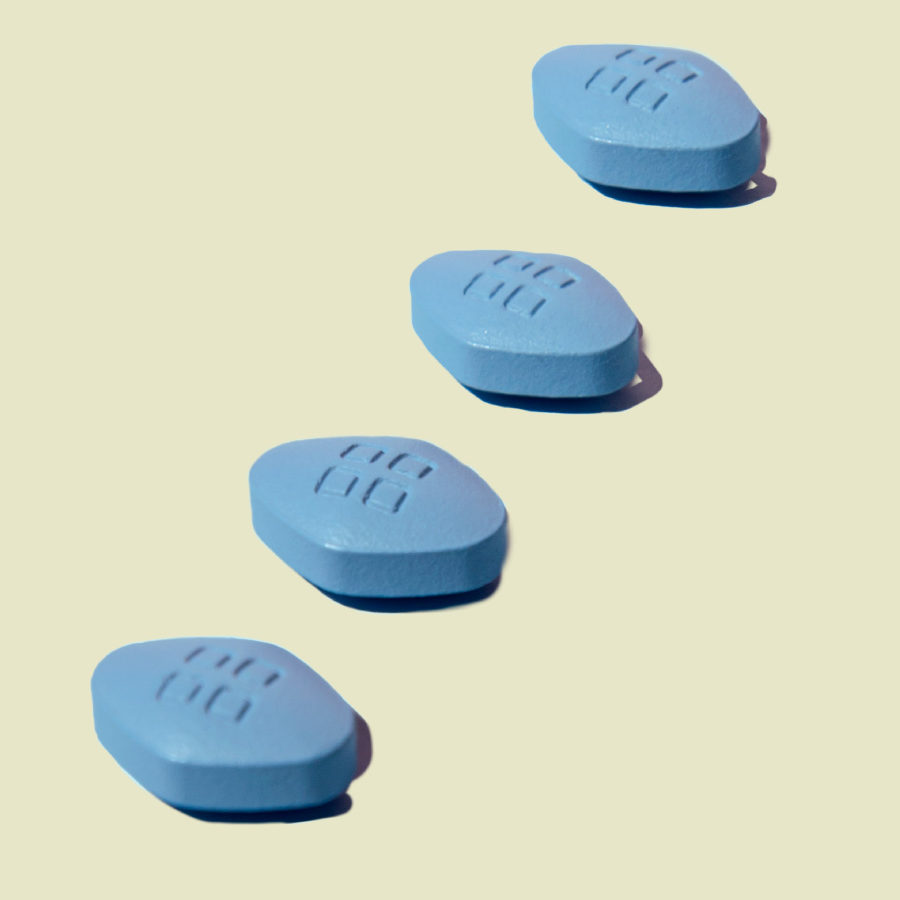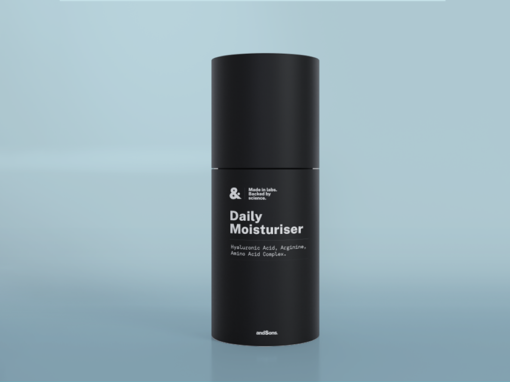Discussions about sexual health are always healthy and enlightening when they are had, but men don’t participate in those conversations as frequently – especially when it’s related to premature ejaculation (PE) and erectile dysfunction (ED).
It’s understandable too, sometimes topics that question or pertain to virility are sensitive, and more often than not, viewed as embarrassing.
It’s undoubtedly a tough conversation to be had, but PE and ED need to be talked about and normalised so that men are aware of how common these issues are among them.
To kick off the conversation, we’ve answered some common PE and ED myths and queries. Read on!

1. Is premature ejaculation common?
Premature ejaculation is a very common sexual problem in men. PE happens to most men at some point in their lives. It is especially normal in men who are having sex for the first time or haven’t had sex in a long time. PE is only ever a problem when it happens frequently.
2. Does low testosterone cause premature ejaculation?
It certainly does not. Experts believe that this myth is rooted in the belief that ‘maleness’ or ‘masculinity’ is related to ‘going all night’. To date, there has been no known link between testosterone levels and premature ejaculation.
3. I ejaculate very quickly during sex because the head of my penis is too sensitive. Is there a treatment for premature ejaculation?
The penis is packed with nerve-endings so sensitivity is normal. However, this isn’t always a good thing and can cause some men to be overstimulated resulting in PE. This is called penile hypersensitivity. Using thicker condoms or condoms labelled ‘extended pleasure’ or ‘delay’ that come with numbing gel can help delay ejaculation during intercourse. There are also various oral and topical medications that can help PE.
Check out the prolong pill, which enables you to enjoy sex longer.

4. How long should a man last in bed? What happens if it is only 5-6 minutes but 3 rounds in a span of 2 hours?
The average desirable duration for penetrative sex is said to be 7-13 minutes, but know that there are also people who prefer less. Nothing really ‘happens’ unless you and/or your partner are dissatisfied. Talk to your partner so that expectations are clear and solutions can be found otherwise. Also, don’t let other people’s sex life and other popular ideas of sex like ‘going all night’ make you feel bad about how you fare in bed.
5. How do I maintain a longer erection during sex?
There are a number of ways men can delay ejaculation. There is the practice of edging, pelvic floor exercises (a.k.a Kegel exercises), or even the squeeze technique. This involves squeezing the penis where the head meets the shaft and hold for several seconds. This will cause the urge to ejaculate to pass.

6. Is erectile dysfunction dangerous?
ED, otherwise known as impotence, isn’t dangerous per se, but it can be an indicator of more serious health issues like heart conditions or diabetes. Regular checkups are important so that you can detect and treat impending illnesses and return to a healthier sex life.
7. Can tight underwear cause erectile dysfunction?
ED stems from a number of physical and psychological causes. Wearing tight underwear is not among the causes for ED. However, some research has shown that tight underwear causes lower sperm count (but not enough to cause infertility) because the temperature of the testes rises when the scrotum is pushed against the body.
8. Does recreational drug use cause erectile dysfunction?
The short answer is yes. We do not advocate any recreational drug use in the interests of your health. Prolonged use or abuse of substances like alcohol, nicotine, amphetamines, barbiturates, opiates, marijuana, cocaine, and methadone can all cause ED. These drugs, besides suppressing the central nervous system, also damage blood vessels that are imperative to maintaining a healthy erection.

9. Are there any erectile dysfunction medications I can take?
There are a few medications that you can take to treat ED. A familiar example is oral pills like Viagra and Cialis. Dosages, duration of efficacy, and side effects of these pills differ and it is advised that you consult a medical professional to decide which pill and dosage will work best for you. Other medications include self-injection, a urethral suppository, and testosterone replacement.
10. Is there a quick fix for my erectile dysfunction?
It’s not as quick as you may think, but proactively improving your general health can help alleviate impotence over time. Frequent exercise, eating healthy, weight loss, and regular checkups with a medical professional can help keep ED at bay. Also try to cut down (or if possible, eliminate altogether) alcohol consumption and cigarette smoking.
Conclusion
Men the world over experience both erectile dysfunction and premature ejaculation at any given time. You don’t have to feel ashamed as there are treatments for both conditions.
Book an online consultation with our team of medical professionals to find ED and PE treatments.


